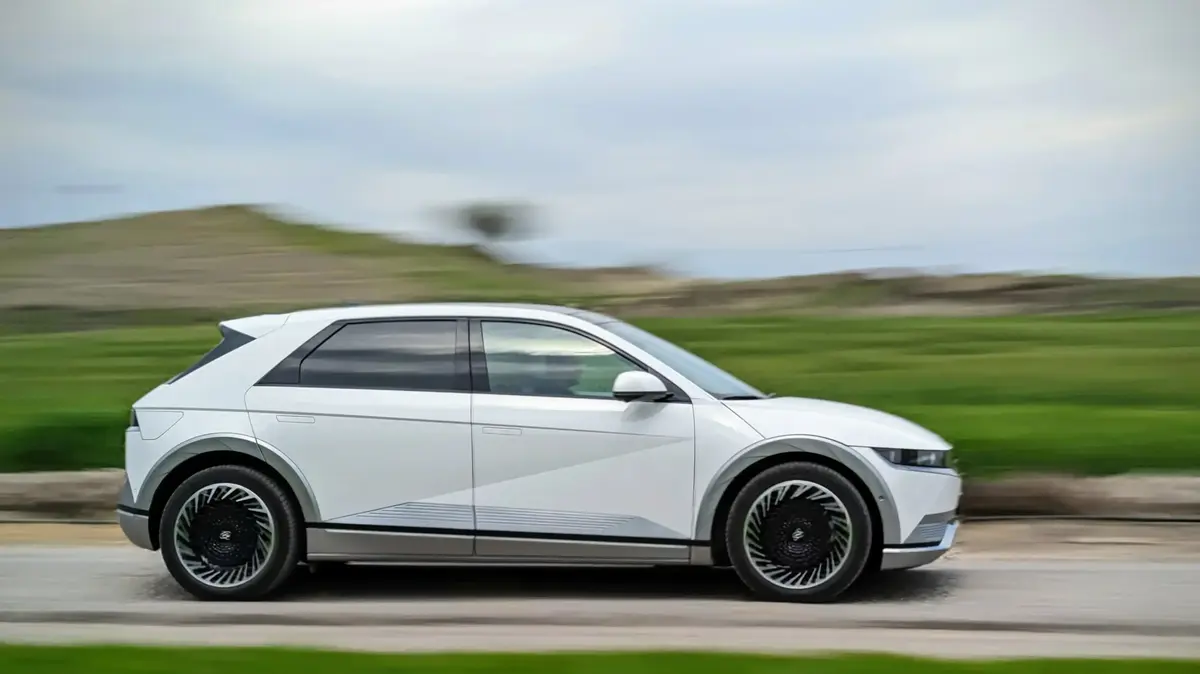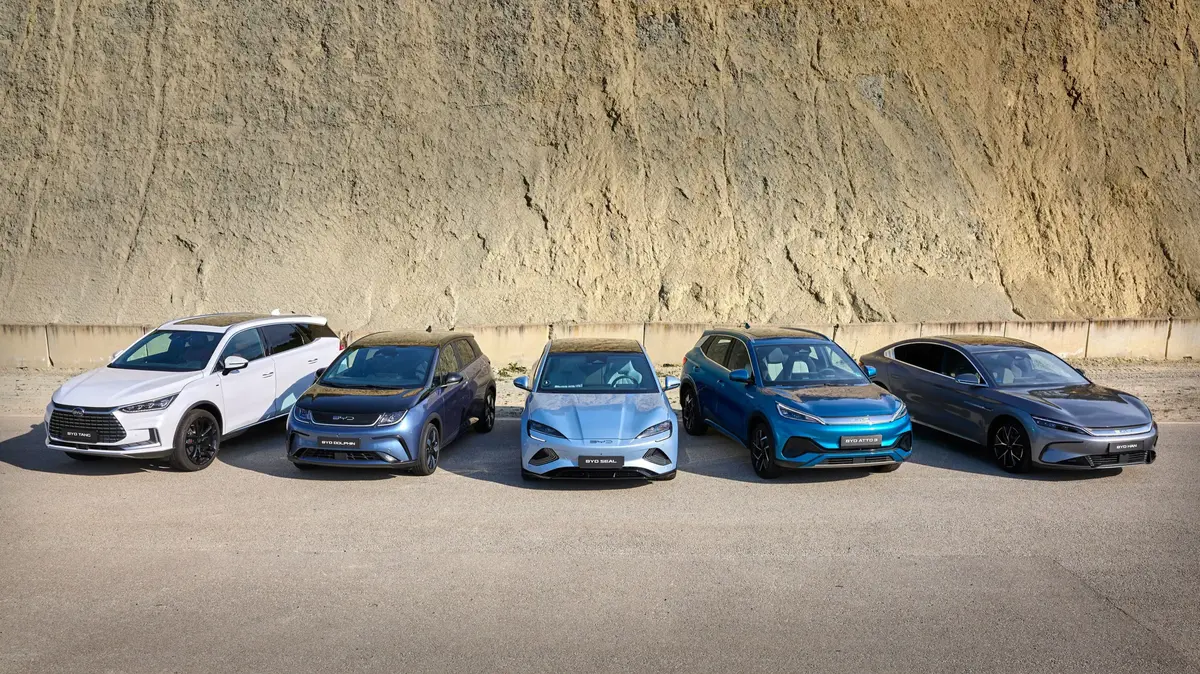By The Associated Press via
NBC News
Hyundai and Kia are telling owners of nearly 485,000 vehicles in the United States to park them outdoors because they can catch fire even if the engines are off.
These recalls from the two Korean automakers are part of a long series of engine failure and fire problems that have dogged the companies for the past six years.
This time the problem is contamination in the anti-lock brake control module which can cause an electrical short.
This increases the risk of fire while vehicles are moving or parked.
A Hyundai Santa Fe SUV car. Creative Commons
The recalled cars are:
Some 2014 to 2016 Kia Sportage SUVs
Kia sedan K900 from 2016 to 2018
Some Hyundai Santa Fe SUVs from 2016 to 2018
2017 and 2018 Hyundai Santa Fe Sports
2019 Hyundai Santa Fe XL
2014 and 2015 Hyundai Tucson SUV
Automakers say they have 11 reports of fires in the United States, but no injuries.
Documents released Tuesday by the country's safety regulators say owners must park vehicles outside and away from structures until repairs are made.
[Hyundai calls to review 100,000 vehicles that had been repaired in the US]
Dealers will replace a fuse.
Also, Hyundai dealers will inspect the control modules and replace them if necessary.
Hyundai will send notification letters starting April 5 and Kia will send them on March 31.
The National Highway Traffic Safety Administration (NHTSA) says owners can visit www.nhtsa.gov and enter their 17-digit vehicle identification number
to see if their car is being recalled.
Woman escaped being burned to death in her burning car
May 29, 201802:56
Hyundai said that when it finds a safety defect, "we act quickly and efficiently to recall the vehicle and fix the problem at no cost to affected customers."
Kia said there are
warning signs
drivers can see or smell.
The anti-lock brake warning light could come on and they could smell something burning or melting, or see smoke coming from the engine compartment.
Tuesday's recalls come after the NHTSA stepped up a series of investigations into engine compartment fires that have plagued Korean automakers.
In December, the agency consolidated two investigations from 2017 into a new engineering analysis covering more than 3 million vehicles from model years 2011 to 2016. At that time, the NHTSA had received
161 engine fire complaints,
some of which occurred in vehicles that had already been recalled.
The companies' first recall related to engine failure and fire goes back to September 2015. Since then, they have issued at least
eight more recalls for a series of engine problems,
according to NHTSA documents.
A danger to minors: Peloton treadmills removed after incidents and the death of a child
May 5, 202101:22
The agency said it is evaluating whether previous recalls covered enough vehicles.
It will also monitor the effectiveness of previous recalls "as well as the long-term viability of related programs and non-safety-related field actions being undertaken by Hyundai and Kia."
At the time, automakers said they had made numerous recalls to address engine issues, including recalls, new engine monitoring technology, and extended warranties.
Michael Brooks, senior adviser to the
Center for Auto Safety
, a nonprofit organization, said Tuesday's recalls are different from the engine failures that caused most of the previous recalls by Hyundai-Kia fires.
[Ford Recalls More Than 900,000 Vehicles For Defective Air Bags]
“Although the NHTSA has the authority to order a recall and potentially a buyback of all affected vehicles, the separate fire defects that have affected millions of Hyundai vehicles over multiple model years make this a very difficult task.” , He said.
In November 2020, the NHTSA announced that
Kia and Hyundai must pay $137 million in fines
and safety upgrades because they were too slow to recall more than 1 million vehicles with potentially failing engines.
The fines settled an earlier investigation into the companies' behavior involving multiple model recalls dating back to the 2011 model.
Kia was to pay $27 million and invest an additional $16 million in safety performance measures.
Another $27 million payment will be deferred as long as Kia meets safety conditions, the NHTSA said.
Kia denied the US accusations but said it wanted to avoid a lengthy legal fight.
Data compiled by the
Center for Auto Safety
shows more than 30 fire- and engine-related recalls for Hyundai and Kia in the United States since 2015. The recalls involve more than 20 model years from 2006 through 2021, with a total of more than 8.4 million vehicles.
Many of the recalls were due to manufacturing defects that prevented oil from flowing through the engine block.
Many required expensive engine replacements.
Hyundai and Kia also conducted a "product improvement campaign" in the United States involving 3.7 million vehicles to install software that will alert drivers to potential engine failures.














